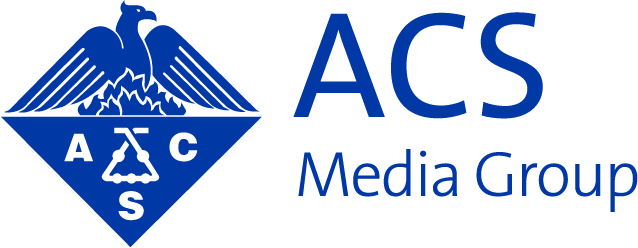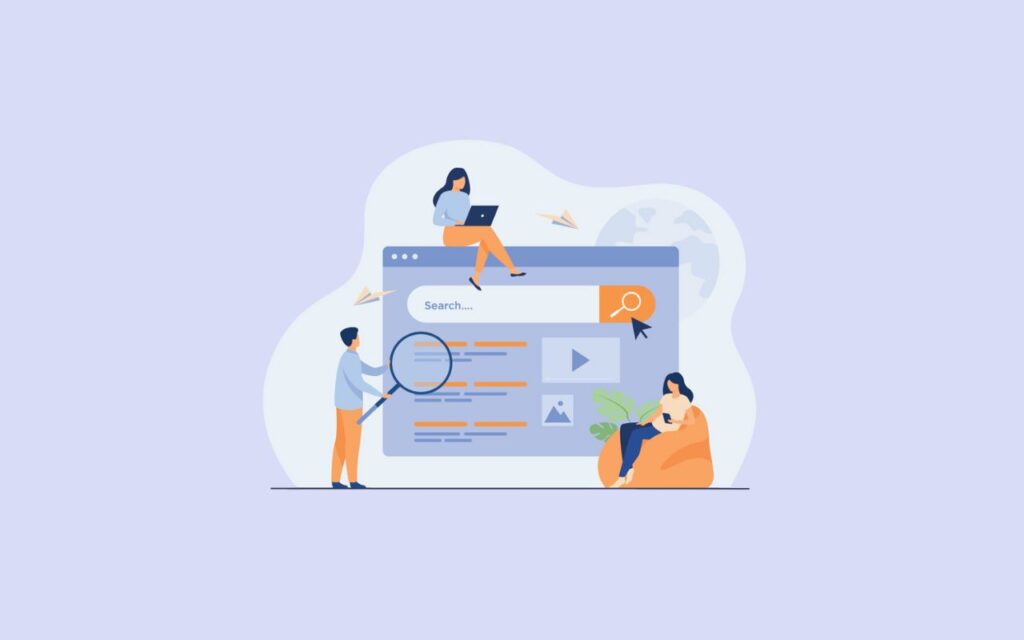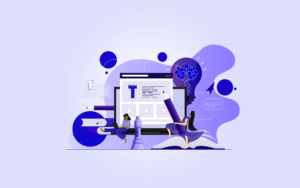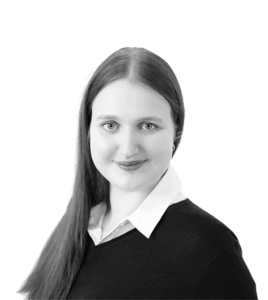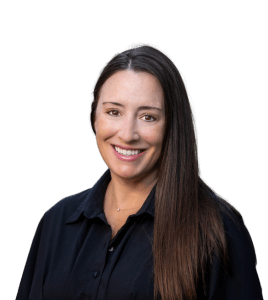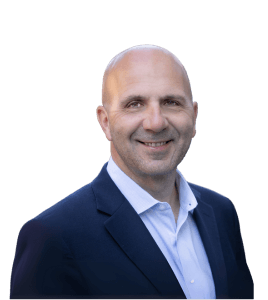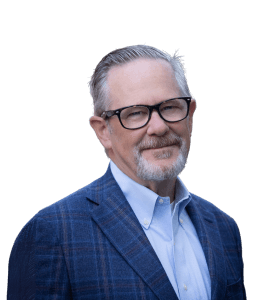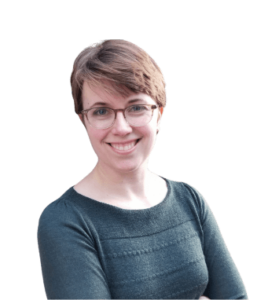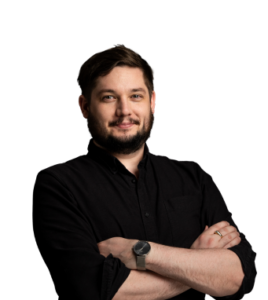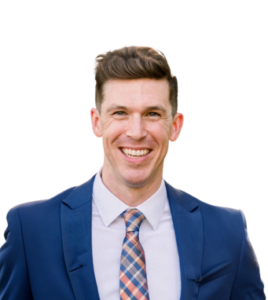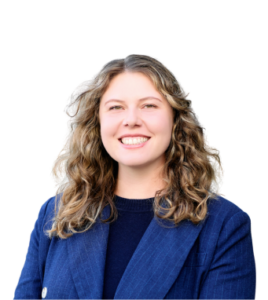Guest writer Jesse Harris is a Digital Marketing Coordinator at ACD/Labs. He has been creating internet content since 2016, and has Master’s degrees in both chemistry and chemical engineering. He loves helping STEM experts communicate their science more impactfully.
Staying up-to-date on search engine optimization (SEO) takes a lot of work. Google’s algorithm is constantly adjusting to try to deliver better content to users. Science marketers rely on search engines to increase awareness and generate leads. Keeping current on best practices is the key to reaching the top of the search results page.
So, what SEO changes do science marketers need to know about? Read on to find out.
What is Life Science SEO?
Search engine optimization (SEO) is the practice of adjusting the content and functionality of websites and webpages to maximize performance in search engines (which typically means Google). Websites that write content or sell products related to the life sciences can use SEO to improve their site’s traffic. If you want to learn the basics of life science SEO, see our previous article.
Experience, Expertise, Authority, and Trust (EEAT)
One of the most important trends in SEO is the growing emphasis on expertise, authority, and trustworthiness (EAT), which was recently expanded to include experience (EEAT).
If you had a tricky question in real life, you would ask someone you trust. In the early days of the internet, search engines couldn’t assess the identity or credentials of the writer of a web page, so they couldn’t tell if they were an expert or not. One of Google’s original innovations was using links as a proxy for trustworthiness, which is how backlinks became a ranking factor.
While backlinks are still important, Google’s algorithm has gotten much more intelligent. Now the search engine also assesses trustworthiness using signals from both the webpage and the website. Google’s trustworthiness measurement comprises experience, expertise, and authority.
Here are the definitions of experience, expertise, and authoritativeness taken directly from Google’s Search Quality Evaluator Guidelines:
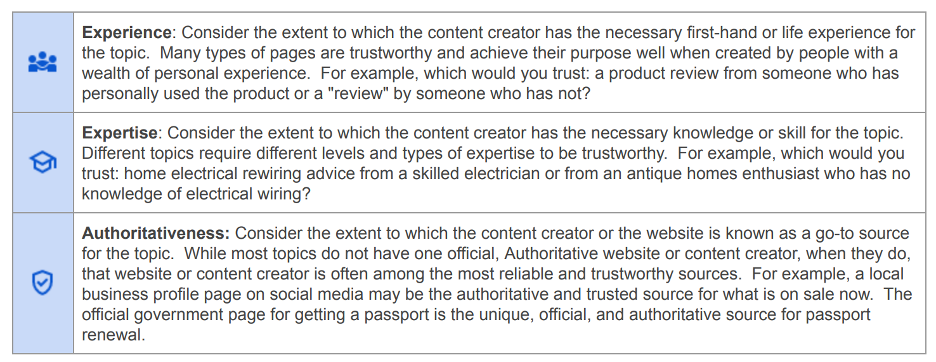
EEAT is especially important for science SEO. Writers with graduate degrees or work experience in a technical field will be prioritized over authors without that training. This also means companies recognized as an authority on a given topic will have an advantage over competitors.
Some steps to increase your EEAT:
- Include author bios
- Create author pages
- Add information about your website/company to demonstrate your authority
- Ask in-house subject matter experts to write or co-write pages
Google’s emphasis on EEAT reflects a broader commitment to quality and reliable content, which is also reflected in the “Helpful Content Update.”
Helpful Content Update
Google tweaks its algorithm constantly, but now and then, they release a major update worth paying attention to. The “Helpful Content Update,” released in August 2022, falls into this category. Like many algorithm updates, the goal (according to Google) was to prioritize content meant to be helpful to people rather than being made for search engines. Sites that have large amounts of “unhelpful” content will receive less search traffic, even on pages that are not considered “unhelpful.”
Here are some practices to avoid:
- Creating a ton of content on a wide range of topics
- Summarize what others have said without adding value
- Chasing trends that you have no expertise in
The “Helpful Content Update” primarily impacted spam sites with large amounts of low-quality content but could also affect older websites. Pages that are outdated, have limited information, or are otherwise not useful might bring down your overall website performance. Taking these down or hiding them from the crawler could improve your rankings.
AI Content
AI and AI-written content are the most talked-about topics in marketing these days. Like many of us, Google has been working through its feelings about the legion of robo-writers.
Not long ago, there were suggestions that Google would deprioritize content it thought was written by AI. More recently, Google has said they are not concerned if a person or an AI writes something and are more interested in quality. Of course, quality is partly defined by EEAT, which is hard for an AI writer to demonstrate, but it does mean Google will not punish you for using ChatGPT, Jasper, or anything else.
I’m sure this decision has nothing to do with Google Bard.
That being said, relying on chatbots to compose any science content may not be wise. AI writers do not understand science well, and while they will likely be viable in the future, it is best to stick with human writers for now. This is good news for science marketers since spam websites packed with AI-written content will still find it difficult to steal traffic.
Your Money or Your Life (YMYL)
Search engines are used to find information on a wide range of topics, from the extremely silly to the extremely serious. Getting accurate, unbiased, and current information is critical for high-stakes issues. Since the most important searches are usually about health or money, Google refers to them as “Your Money or Your Life” (YMYL) content. In these cases, high authority sites such as government agencies would be preferred by the search engine.
The YMYL concept has been around for a while, but it mainly applied to a narrow set of topics, such as medical information or tax documentation. More recently, Google began treating YMYL as a sliding scale, meaning it will apply to more web pages, though not all will receive the same level of scrutiny.
Life science SEO content that references diseases or doctors may be treated as YMYL content. This could negatively impact search rank. While we don’t know how enforcement will work, it is probably best to avoid language that could be interpreted as medical advice (unless that is your intention).
Mobile Usability and Mobile-First Indexing
What about technical SEO changes? It is worth mentioning mobile usability and mobile-first indexing. Mobile searches overtook desktop searches in the mid-2010s. While the relative growth in mobile search traffic seemed to slow during the pandemic, we are seeing it increase again.
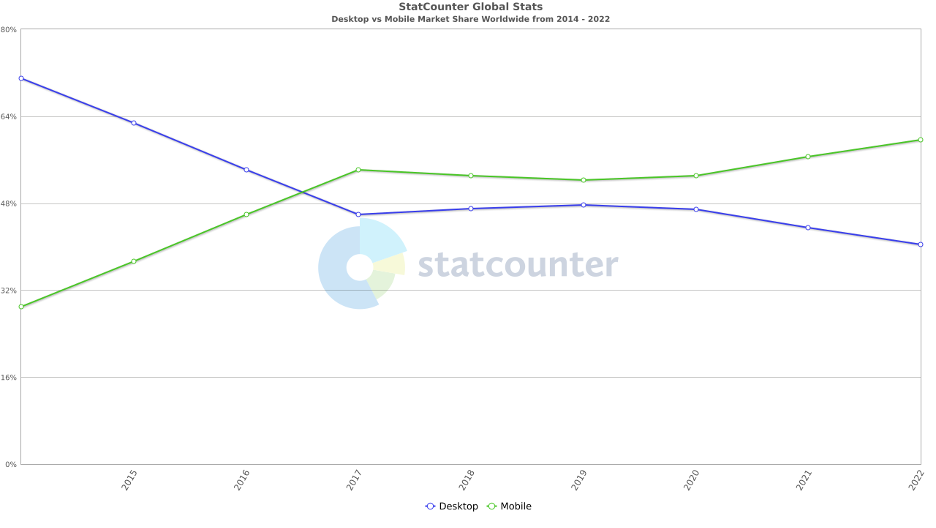
Source: Statcounter
To reflect this trend, Google started using “mobile-first indexing” a few years ago. This means Google looks at the mobile version of your website when indexing. Sites that are hard to use on mobile or that block mobile crawling will perform poorly in search results.
While a mobile-friendly website isn’t required to appear on Google, it will help you generate organic search traffic. You can assess your mobile usability by accessing Google Search Console and looking under the “Experience” tab. If you want to go deeper into the topic and get tips on improving mobile performance, look at this guide from Semrush.
Universal Analytics is No More
This isn’t precisely SEO, but it is worth reminding folks that Google’s “Universal Analytics” (UA) will stop collecting new data in July 2023. If you haven’t already, set up Google Analytics 4 (GA4) or a non-Google alternative. Take time to learn to use GA4 if you haven’t already – it is noticeably different from UA.
What to Expect Next in Life Science SEO
Google has followed a consistent trend in recent years: user websites with quality content written by people with experience. While we don’t know exactly what to expect in 2023, there is no reason to think this will change anytime soon. The best approach to maximizing search traffic will be fast load times and valuable scientific information authored by experts.
